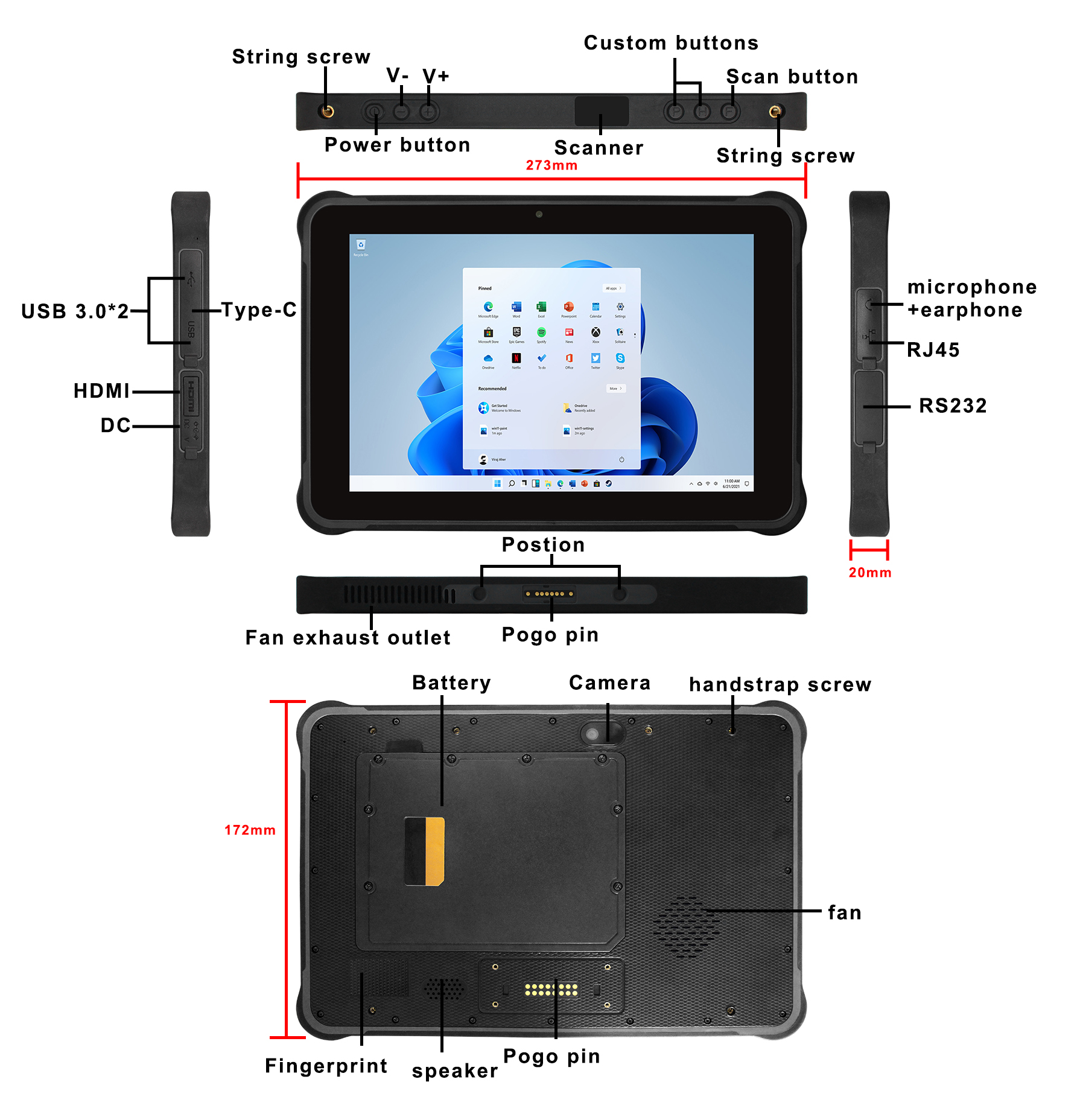The Role and Importance of Industrial PCs in Modern Manufacturing
In the rapidly evolving world of manufacturing and industrial automation, the Industrial PC (IPC) has emerged as a critical component. Often referred to as "embedded PCs" or "box PCs," these specialized computing devices are designed to withstand the harsh environments of industrial settings and provide reliable performance over extended periods. This article delves into the functions, features, and significance of Industrial PCs in modern manufacturing processes.
What is an Industrial PC?

An Industrial PC is a robust computing system tailored for use in industrial environments. Unlike consumer-grade PCs, IPCs are engineered to handle extreme temperatures, high levels of dust and moisture, and frequent power fluctuations. They are typically built with durable materials and offer enhanced reliability, making them ideal for 24/7 operations in factories, power plants, and other industrial sites.
Key Features of Industrial PCs
-
Durability and Reliability: Industrial PCs are constructed using high-quality components that can withstand harsh conditions. They often feature fanless designs to prevent dust accumulation and have robust cooling systems to operate efficiently in high-temperature environments.
-
Extended Lifecycle: Unlike consumer PCs that are often updated every few years, Industrial PCs are designed for a longer lifecycle. This is crucial for industries where frequent hardware changes can disrupt operations and increase costs.
-
Scalability and Flexibility: Industrial PCs come with modular designs, allowing for easy upgrades and modifications. This scalability ensures that they can adapt to evolving technological needs and integrate with various industrial systems and machinery.
-
Advanced Connectivity: IPCs are equipped with multiple ports and interfaces to connect with a wide range of industrial devices, sensors, and controllers. This advanced connectivity is essential for real-time data processing and control in industrial automation.
Applications of Industrial PCs
Industrial PCs find applications across various sectors, including:
-
Manufacturing: In factories, IPCs are used for machine control, data logging, and supervisory control and data acquisition (SCADA) systems. They help in optimizing production lines and ensuring quality control.
-
Energy Management: In power plants and renewable energy facilities, IPCs monitor and control energy production and distribution. They play a vital role in ensuring efficient energy management and safety.
-
Transportation: In the transportation industry, IPCs are used for traffic management systems, railway control, and fleet management. They enhance operational efficiency and safety in transportation networks.
-
Healthcare: In healthcare facilities, IPCs are employed in medical imaging, laboratory equipment, and patient monitoring systems. Their reliability and precision are crucial for delivering high-quality healthcare services.
The Future of Industrial PCs
As Industry 4.0 gains momentum, the role of Industrial PCs is expected to expand even further. With advancements in artificial intelligence, machine learning, and the Internet of Things (IoT), IPCs will play a pivotal role in enabling smart manufacturing and creating connected industrial ecosystems. The integration of cloud computing and edge computing with Industrial PCs will enhance real-time data analysis and decision-making, driving greater efficiency and innovation in industrial processes.
Conclusion
Industrial PCs are indispensable in modern manufacturing and industrial automation. Their durability, reliability, and advanced features make them a cornerstone of industrial operations. As technology continues to advance, the importance of Industrial PCs will only grow, paving the way for smarter, more efficient, and sustainable industrial practices.


